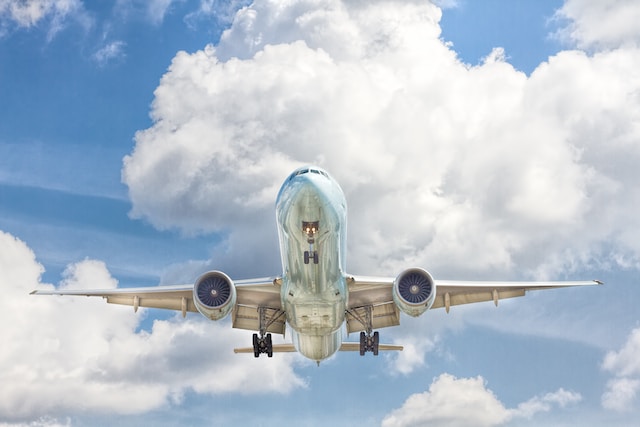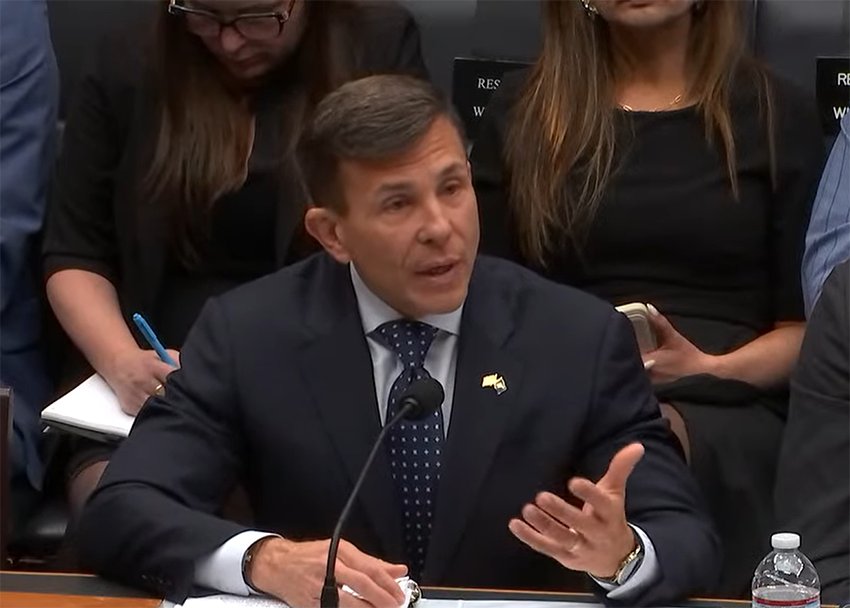The Biden administration and aviation sector announced a plan on September 9 to advance the production and use of sustainable aviation fuel (SAF). The plan will not only reduce emissions but also have widespread economic benefits.
The Biden administration and the aviation sector will work together to reduce aviation emissions 20% by 2030 when compared to “business as usual,” says the White House fact sheet.
In coordination with several airlines and government agencies, the administration will launch a Sustainable Aviation Fuel Grand Challenge to increase production to at least 3 billion gallons per year by 2030.
What is sustainable aviation fuel?
Made from renewable biomass and waste feedstocks, sustainable aviation fuel, or SAF, can reduce greenhouse gas emissions by up to 80% compared to conventional jet fuel. SAF is an important biotech solution for climate change.
SAF producers are also making significant investments in sustainable agriculture, clean fuels infrastructure, and new energy solutions to power the way we move.
The Biden administration’s plan will not only “transform the aviation sector,” but also “create good-paying jobs, support American agriculture and manufacturing, and help us tackle the climate crisis,” says the White House.
The Biotechnology Innovation Organization (BIO) recently submitted testimony on the importance of developing and deploying SAF. The organization has long supported SAF tax credits.
BIO members including Gevo, LanzaTech, Velocys, and Virent are among the many companies partnering with airlines and the administration to scale up production—read more.




